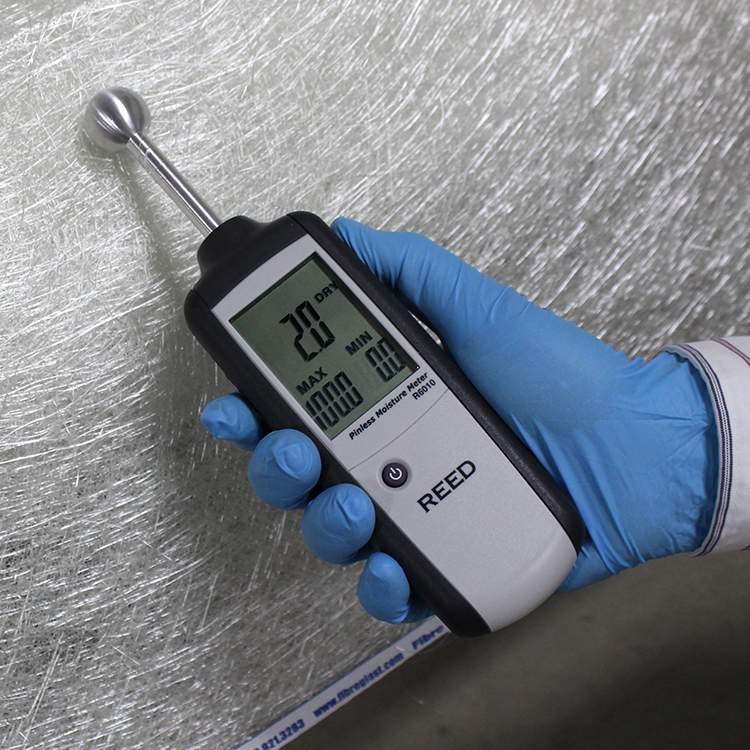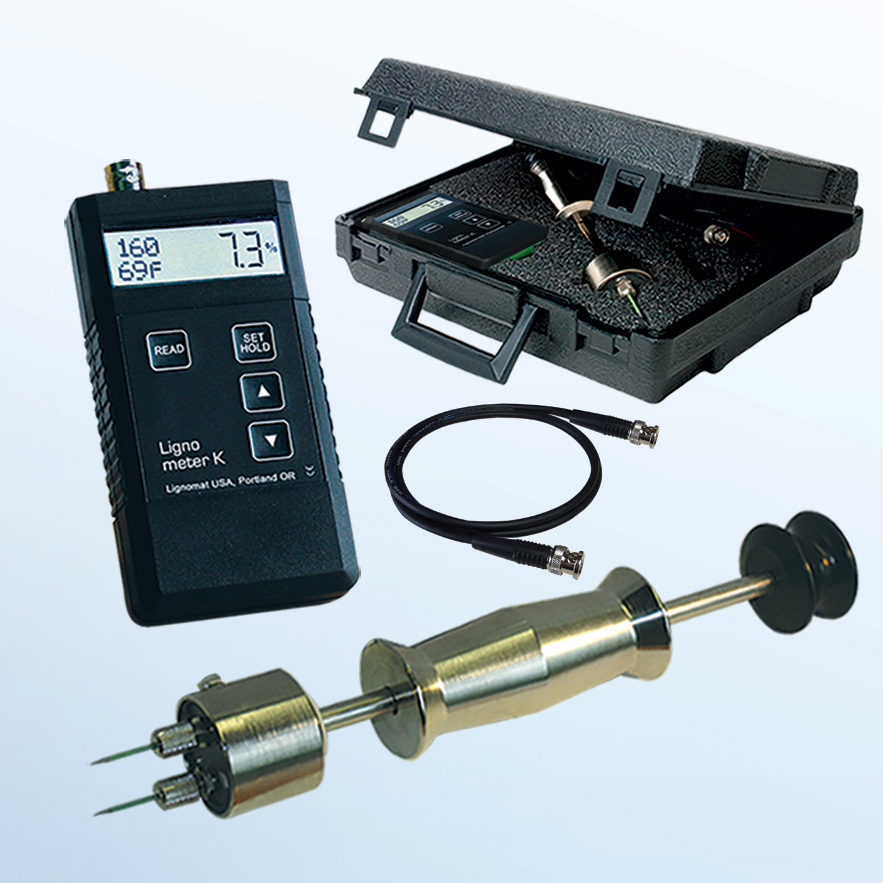The Ultimate Guide to Picking the Right Moisture Meter for Your Demands
The Ultimate Guide to Picking the Right Moisture Meter for Your Demands
Blog Article
The Ultimate Overview to Moisture Meters: A Comprehensive Review and How They Can Save You Money
In the realm of structure maintenance, building, and various industries, the relevance of properly measuring dampness degrees can not be overemphasized. Dampness meters act as crucial devices in finding and checking moisture material in products, assisting in protecting against costly damages and guaranteeing the top quality of items. Recognizing the nuances of various kinds of dampness meters, their applications, and the prospective cost-saving benefits they provide can be a game-changer for experts and businesses alike. Discovering just how these devices can not just simplify procedures yet also add to monetary cost savings is a journey worth starting.
Kinds Of Moisture Meters
Various kinds of dampness meters are available for various applications in numerous markets. One typical kind is the pin-type wetness meter, which determines the electrical resistance between 2 pins placed into a product. This type is suitable for wood, drywall, and various other building products. Pinless moisture meters, on the various other hand, usage electromagnetic sensing unit plates to scan a larger area without triggering damage to the material's surface area. These meters are optimal for quickly assessing wetness degrees in big locations such as floors and wall surfaces.
In addition, there are also specialty moisture meters developed for details products like grain, hay, or soil. These meters offer accurate dampness analyses customized to the distinct residential or commercial properties of the material being evaluated. Infrared moisture meters determine the thermal properties of a product to establish its wetness web content non-invasively, making them helpful for applications where pin or pinless meters may not be ideal. Comprehending the various sorts of dampness meters offered can help sectors pick the most appropriate device for their details wetness measurement needs.

Advantages of Utilizing Moisture Meters

Furthermore, using moisture meters can lead to raised energy performance. In agricultural setups, dampness meters play an essential role in optimizing crop returns by making it possible for farmers to check dirt wetness levels and make notified watering decisions.
How to Pick the Right Moisture Meter
Picking the proper wetness meter entails taking into consideration crucial aspects such as material compatibility, dimension variety, and calibration accuracy. When picking a dampness meter, it's necessary to make sure that the meter is appropriate for the particular product you will be screening. Various materials have differing electrical buildings that can impact moisture analyses, so choosing a meter created for your material is essential for precise results. Furthermore, consider the dimension series of the wetness meter. Ensure that the meter can identify wetness degrees within the variety needed for your applications. Calibration accuracy is an additional crucial this link variable to remember (Moisture Meter). Opt for a moisture meter with dependable calibration to ensure precise and regular readings. Some meters may call for periodic calibration modifications, so understanding the calibration procedure is very continue reading this important. By carefully assessing these variables, you can choose a wetness meter that fulfills your needs and offers exact dampness measurements for your jobs.
Appropriate Strategies for Moisture Meter Usage
To guarantee accurate dampness analyses and make best use of the efficiency of a dampness meter, utilizing appropriate methods is vital. When using a pin-type wetness meter, insert the pins or probes into the product being checked up until they make full contact. By following these appropriate techniques, users can depend on their moisture meter to supply reliable dampness degrees, helping in stopping expensive damages or guaranteeing top quality in different applications.

Expense Financial Savings With Moisture Meter Applications
Exactly how can the critical application of moisture meters cause substantial expense savings across various markets? Wetness meters play an essential duty in price financial savings by avoiding possible damages and making certain quality control in various sectors. In the farming market, moisture meters help in identifying the optimum time for collecting plants, avoiding over-drying or excess dampness that can impact the last item's quality. This exact tracking helps farmers prevent unneeded losses and optimize their yield.

In addition, in the food processing market, wetness meters are important for keeping track of item high quality and guaranteeing compliance with safety and security regulations. By precisely determining dampness content in foodstuff, suppliers can avoid wasting, keep quality, and reduce waste, leading to considerable price savings. In general, the critical application pop over to this site of moisture meters is a useful investment that can lead to significant cost reductions and improved efficiency throughout different markets.
Final Thought
Finally, dampness meters are beneficial tools for measuring and detecting moisture levels in various materials. By making use of the ideal wetness meter and complying with correct techniques, individuals can properly protect against costly damages created by excess moisture. Buying a high quality dampness meter can cause substantial cost financial savings over time by determining prospective concerns early on and allowing punctual removal. Eventually, wetness meters are crucial tools for keeping the stability and durability of materials and frameworks.
Moisture meters serve as vital tools in spotting and keeping track of moisture content in materials, aiding in avoiding costly problems and making sure the top quality of products. Infrared dampness meters determine the thermal homes of a product to establish its wetness content non-invasively, making them useful for applications where pin or pinless meters might not be ideal.Moisture meters use invaluable advantages in properly examining and keeping track of wetness degrees in varied products and settings. In farming settings, wetness meters play a critical duty in maximizing crop yields by making it possible for farmers to keep track of dirt dampness levels and make notified watering decisions.In verdict, wetness meters are important tools for finding and measuring dampness degrees in different products.
Report this page